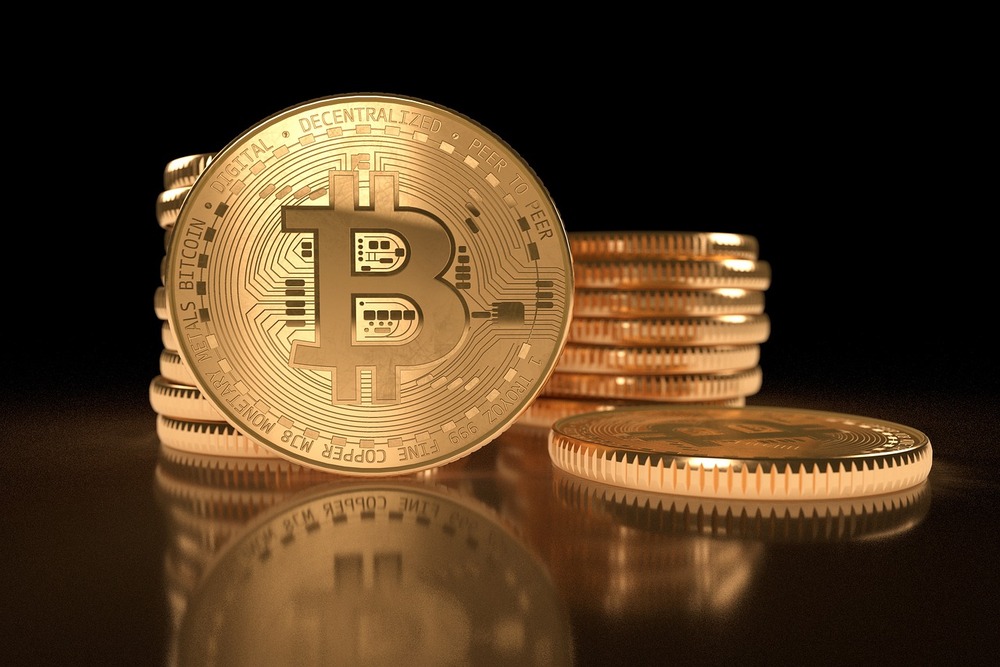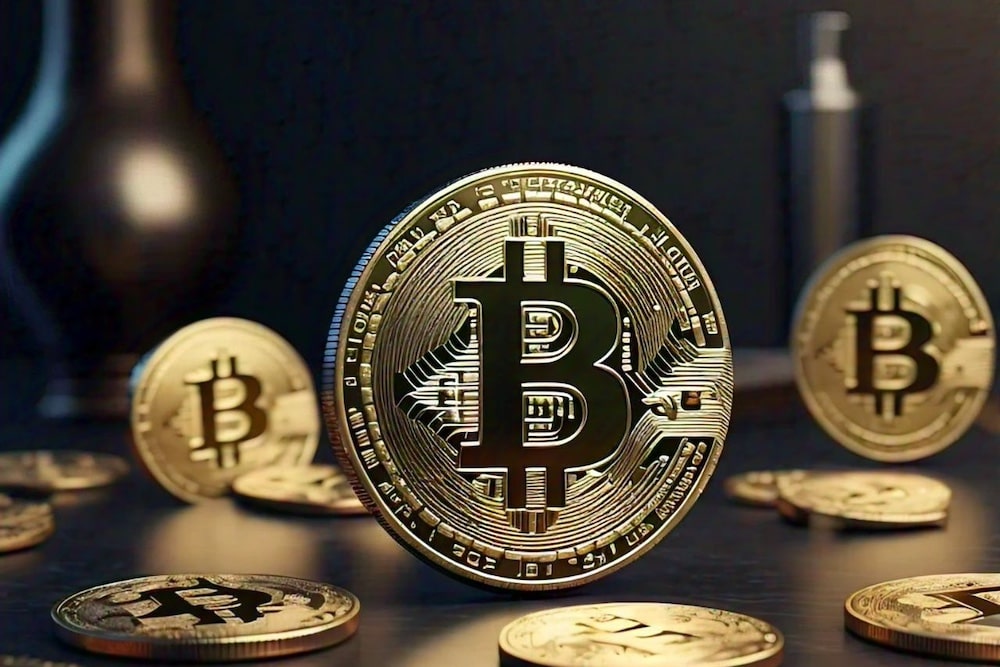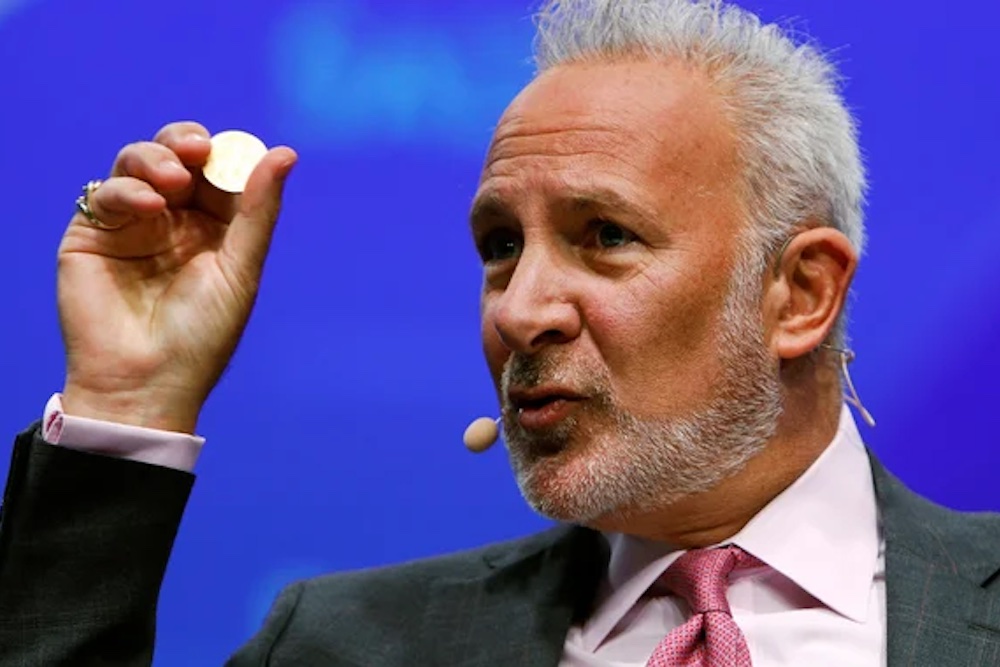Ray Dalio, the American investor and founder of Bridgewater Associates, the world’s largest hedge fund, revealed that he prefers investing in bitcoin (BTC) and gold over debt assets. As the investment chief of Bridgewater Associates, the billionaire values these assets for their status as “hard money.”
In contrast, debt assets such as bonds should be avoided, as major economies are likely to encounter debt crises in the coming years, which could significantly reduce their value. It is the degree to which a company has used debt to finance its assets.
Hard money is a currency supported by a tangible asset, such as gold, silver, or bitcoin, valued for its stable and limited supply.
“I believe that there would likely be a pending debt money problem. I want to steer away from debt assets like bonds and debt and have some hard money like gold and bitcoin,” Dalio said in a speech during the Abu Dhabi Finance Week (ADFW) in the United Arab Emirates.
BTC and Gold Preferred Over Debt Assets
According to a report, the American investor noted that most major economies, including the United States and China, but excluding Germany, are experiencing a rapid rise in debt to historically high levels. He warned that these unsustainable debt levels could lead to significant financial challenges in the future.
Following the speech, Dalio elaborated that factors like debt, money, the economy, natural events, and technological advancements are the primary forces shaping the world. Political dynamics within nations and external geopolitical developments also play a significant role. His preference for bitcoin and gold suggests he views these assets as the most reliable options for preserving wealth amid the shifting impact of these global forces.
“Don’t get too caught up on the twists and turns of the day-to-day headlines, and instead, think more about the big force. Think strategically as well as tactically, taking a global perspective while recognising that what you don’t know about the future is more than what you do know,” he added.
BTC Surpasses Dalio’s Expectations
In line with Dailo’s recommendations, the billionaire further noted that gold and bitcoin have been trading close to record highs as investors turn to them as hedges against economic uncertainty, geopolitical conflicts, and new monetary policies.
The leading crypto asset surpassed the $100,000 price mark for the first time last week. However, the asset declined and hovered around $94,000 to $98,000. As of the time of writing, BTC has started recovering from the pullback, changing hands at over $100,700, up 5.58% over the past 24 hours.
Dailo also stated that an effective investment strategy should incorporate diversification and adaptability to navigate potential risks and capitalize on emerging opportunities.









